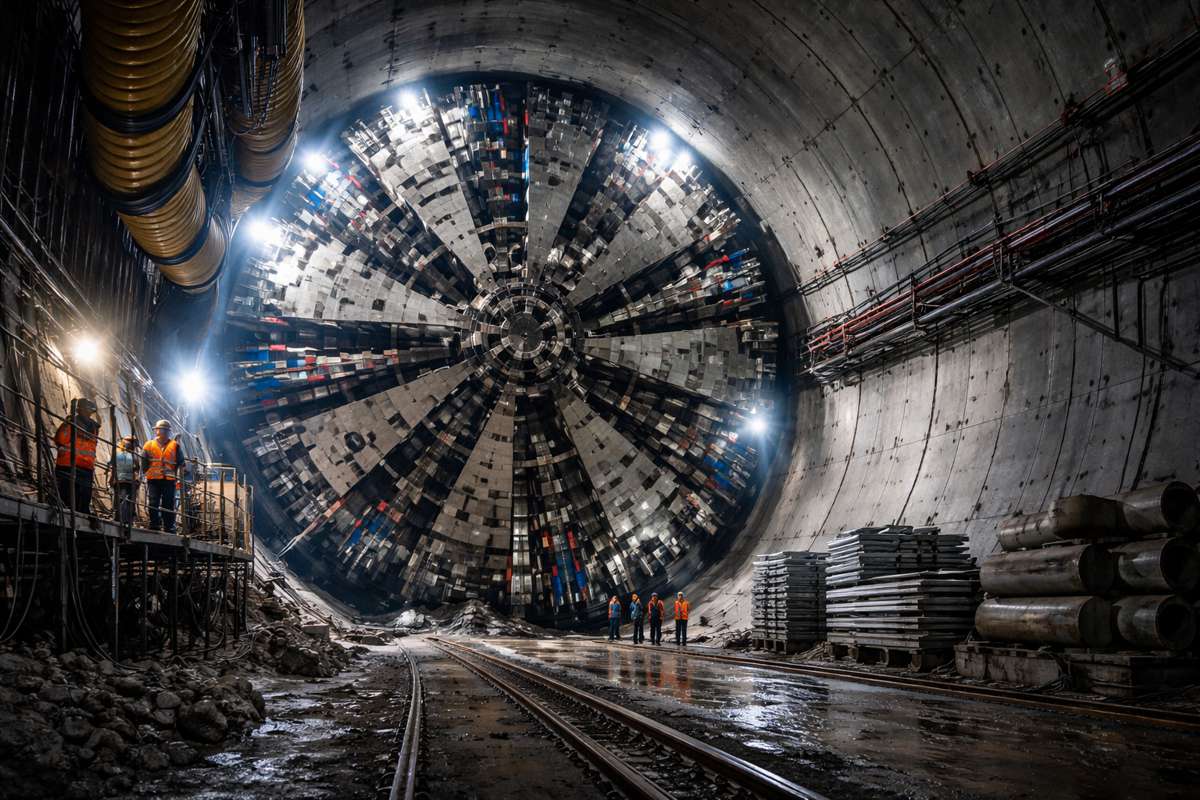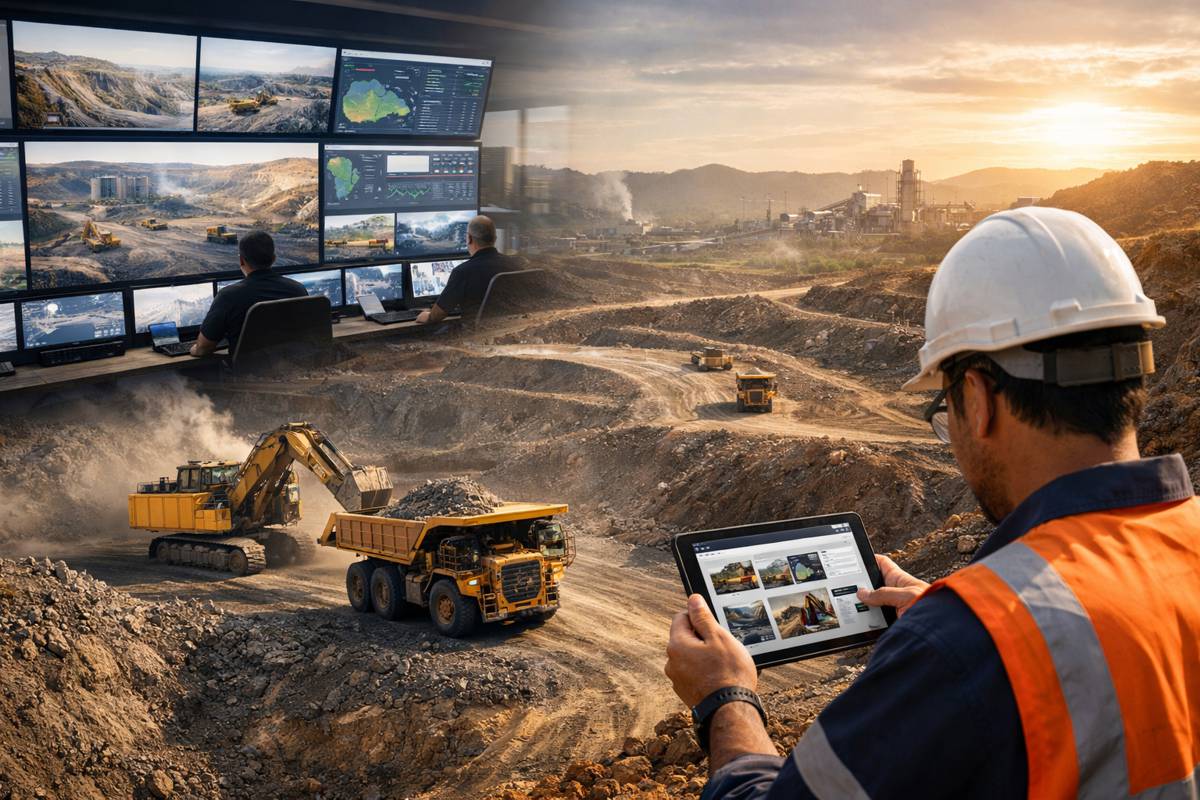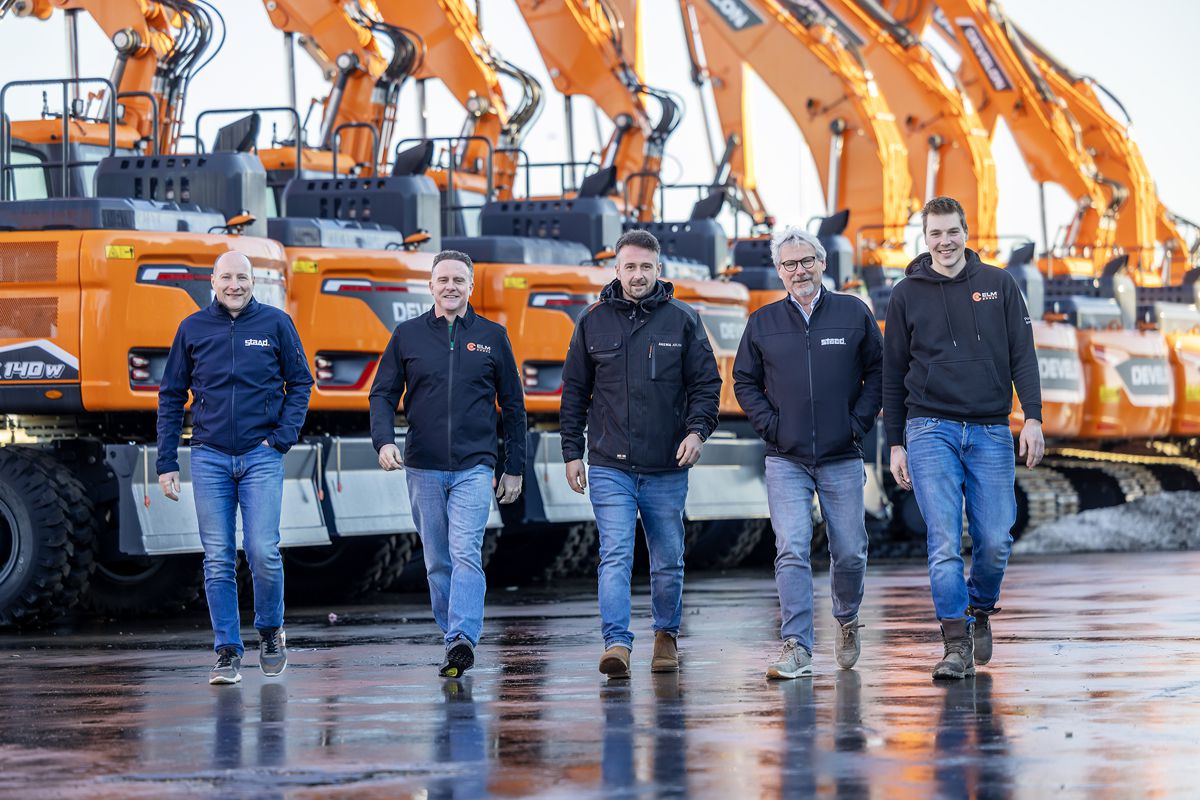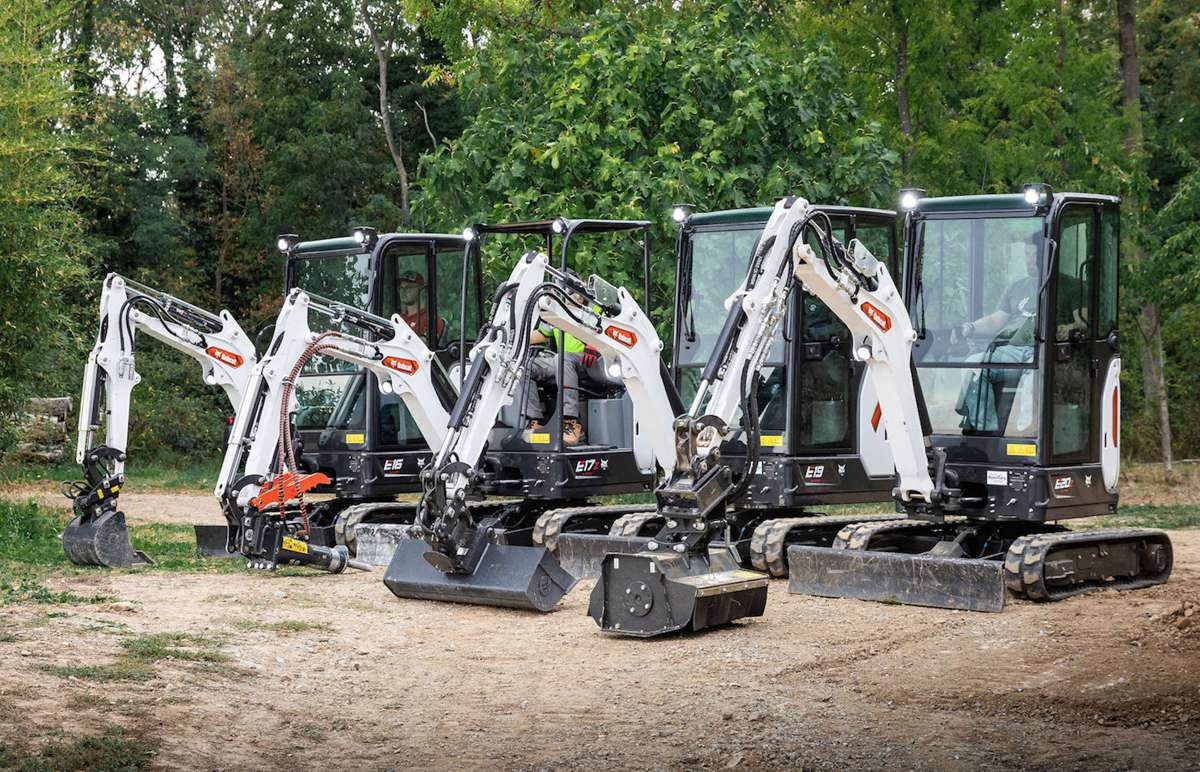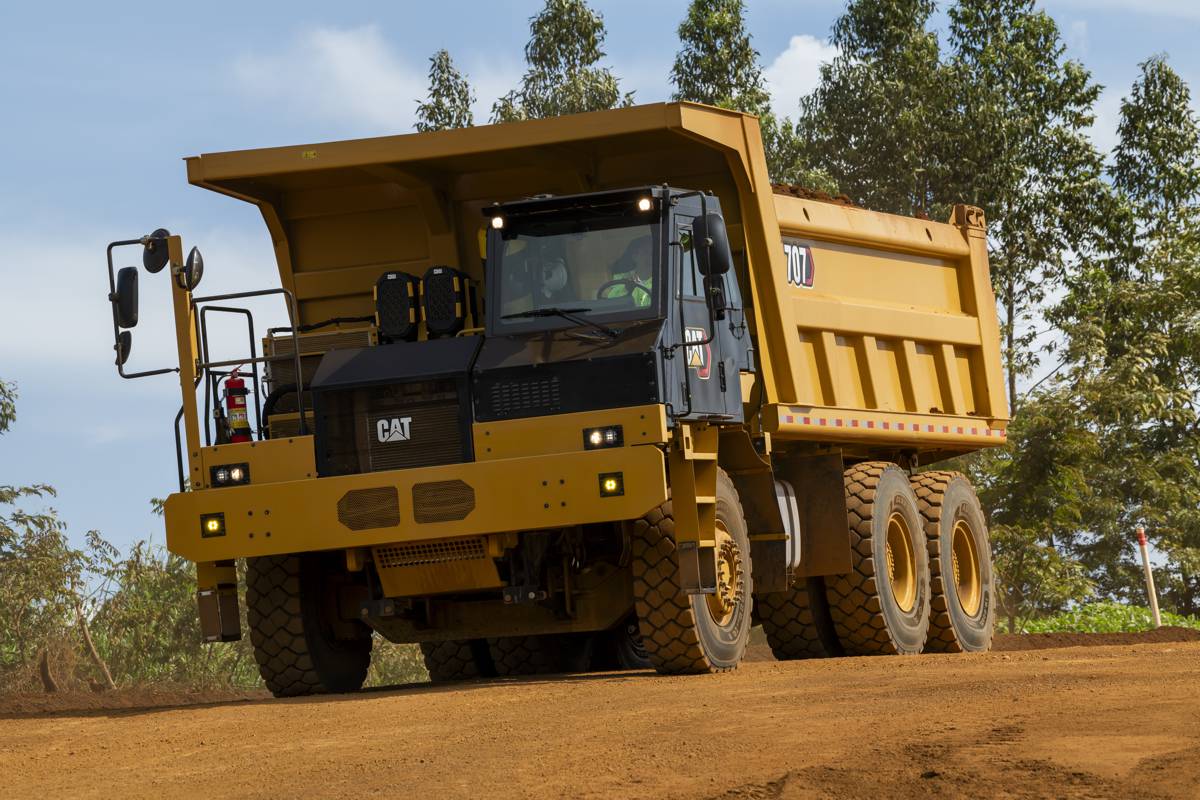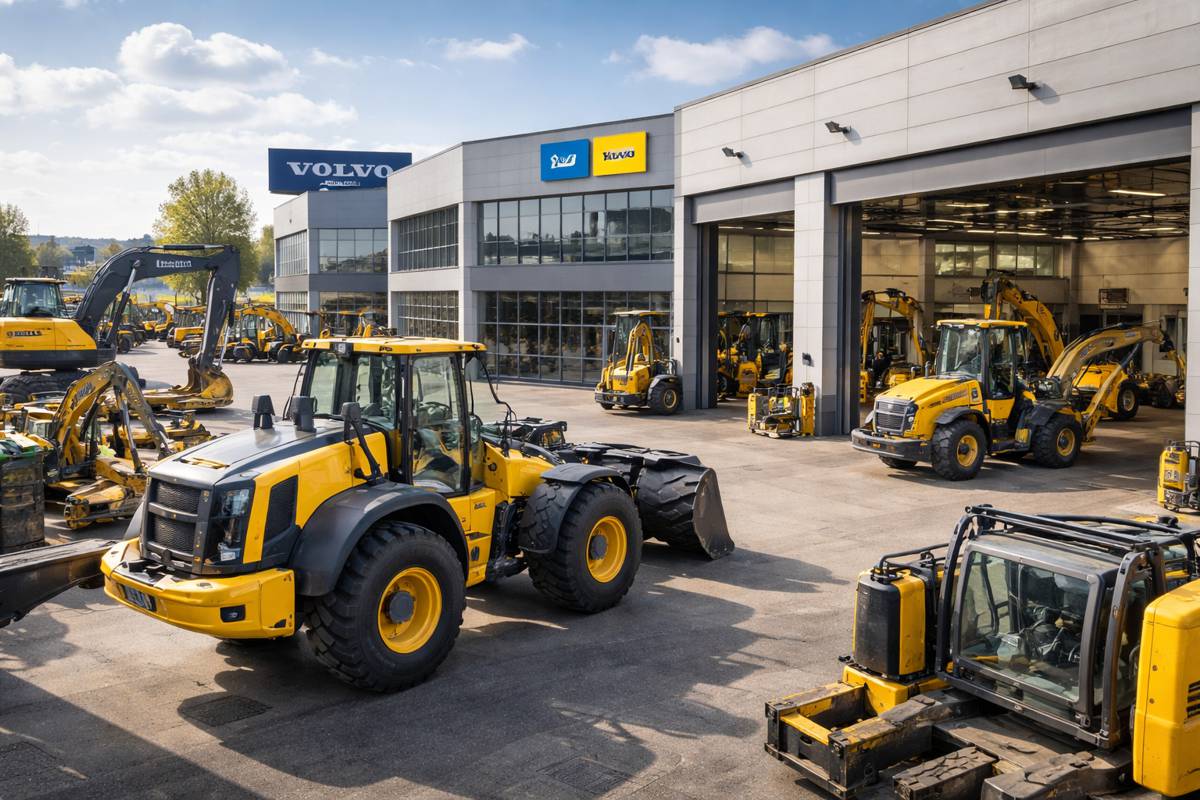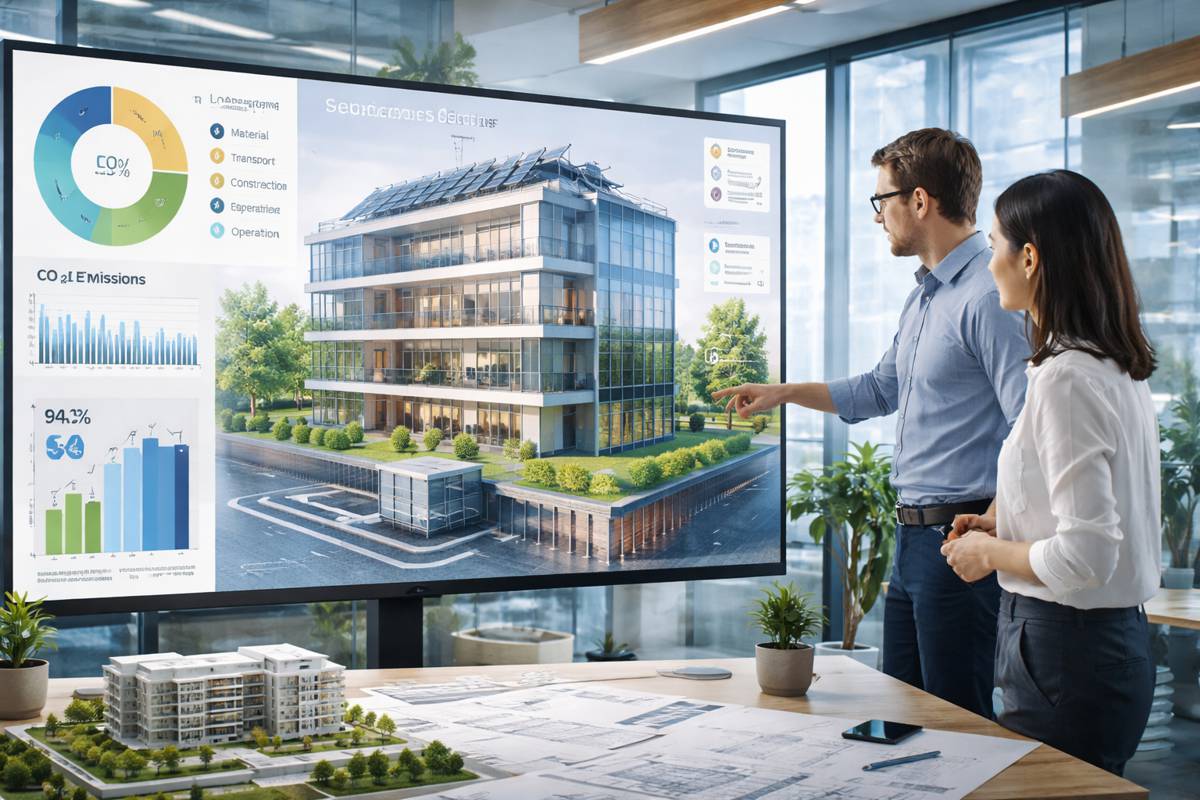Artificial intelligence meets the construction industry
The potential for artificial intelligence – or AI – is high on the social agenda. Seemingly, everyone from Facebook founder Mark Zuckerberg to Tesla CEO Elon Musk has an opinion on the impact of AI on our everyday lives. But how will the technology of today impact the construction of tomorrow?
Once confined to the pages of science fiction novels, artificial intelligence (AI) has now become a reality that cannot be ignored. In many ways, we are already using AI – from the news feed we read on our smartphones to the software that enables us to shop online securely. We no longer see AI as a far-fetched concept resigned to our imaginations, it is something we are experiencing and benefiting from every day.
The advantages of AI are limitless and permeate not just our everyday lives, but across all industries. For the automotive industry, the launch of self-driving cars means a faster mode of transportation and a significant reduction in accidents and emissions. A similar statement can be made about the construction industry. Early adopters are already using the technology to increase the efficiency, safety, and quality of construction projects.
Big data
So, what exactly is artificial intelligence? It is a collective term used to describe when a machine mimics human cognitive functions, like problem-solving, learning, and pattern recognition. AI includes a process called machine learning, whereby algorithms are used to enable a machine to learn from the data it is exposed to. Therefore, the more data to which a machine is exposed, the better it will become at understanding and provide insights.
In a time when humans are increasing data creation every day, AI provides an endless resource for machines to learn and adapt. But how does that translate to the construction industry? The volume of data generated on an average construction site is growing – from images captured via mobile devices, to drone videos, security sensors, machine telematics, Building Information Modeling (BIM) and more. The main challenge, however, is not capturing all the data, but rather, implementing a system capable of managing the information, allowing customers to make the most out of it.
Increasing safety and efficiency
AI programs deliver precise data and insights, helping construction contractors maximize the safety, value, and productivity of worksites. For example, Smartvid.io – a photo and video management platform used by construction companies such as Skanska and Arup – uses AI to sift through mass quantities of images and videos taken at a construction site and spot potential hazards. The software uses image recognition algorithms to identify specific search criteria, like hard hats, safety vests, and hi-vis colours so that it can unearth images to highlight those construction workers who are not wearing the proper safety attire or are possibly violating safety guidelines. Within a matter of minutes, the search results are collected, collated and delivered to a site supervisor – a task that would otherwise take several hours to complete.
Manufacturers like Volvo Construction Equipment are exploring how emerging technologies can increase the safety of job site personnel. After launching Compact Assist in 2015, an operator assist program, Volvo CE is now developing AI algorithms, which detect and decipher specific objects using several computer vision methods. The advanced system sends a warning message to the operator to reduce the risk of accidents.
As well as increasing safety, AI has many other benefits, like performing mundane, repetitive and sometimes dangerous labour-intensive tasks. Dr. Fares Beainy, machine intelligence program leader at Volvo CE says: “AI techniques can help inexperienced machine operators to carry out complex tasks, which they otherwise could not. It’s advantageous in an industry that’s finding it increasingly difficult to source highly skilled and experienced operators.”
Human vs. machine
Research suggests that in the coming years, some jobs could be automated, leaving many people to worry about their future employment. But as it turns out, the rise in AI is not as terrifying as science fiction would have us believe. Autonomous machines are simply part of evolution, according to Dr. Beainy. “When the first hydraulic machine was introduced, people had similar apprehensions. But, with change came new opportunities. The same phenomenon is happening with the introduction of AI. It will be gradual, but by the time intelligent and autonomous machines are implemented into construction, new jobs will have been created to complement them.”

























